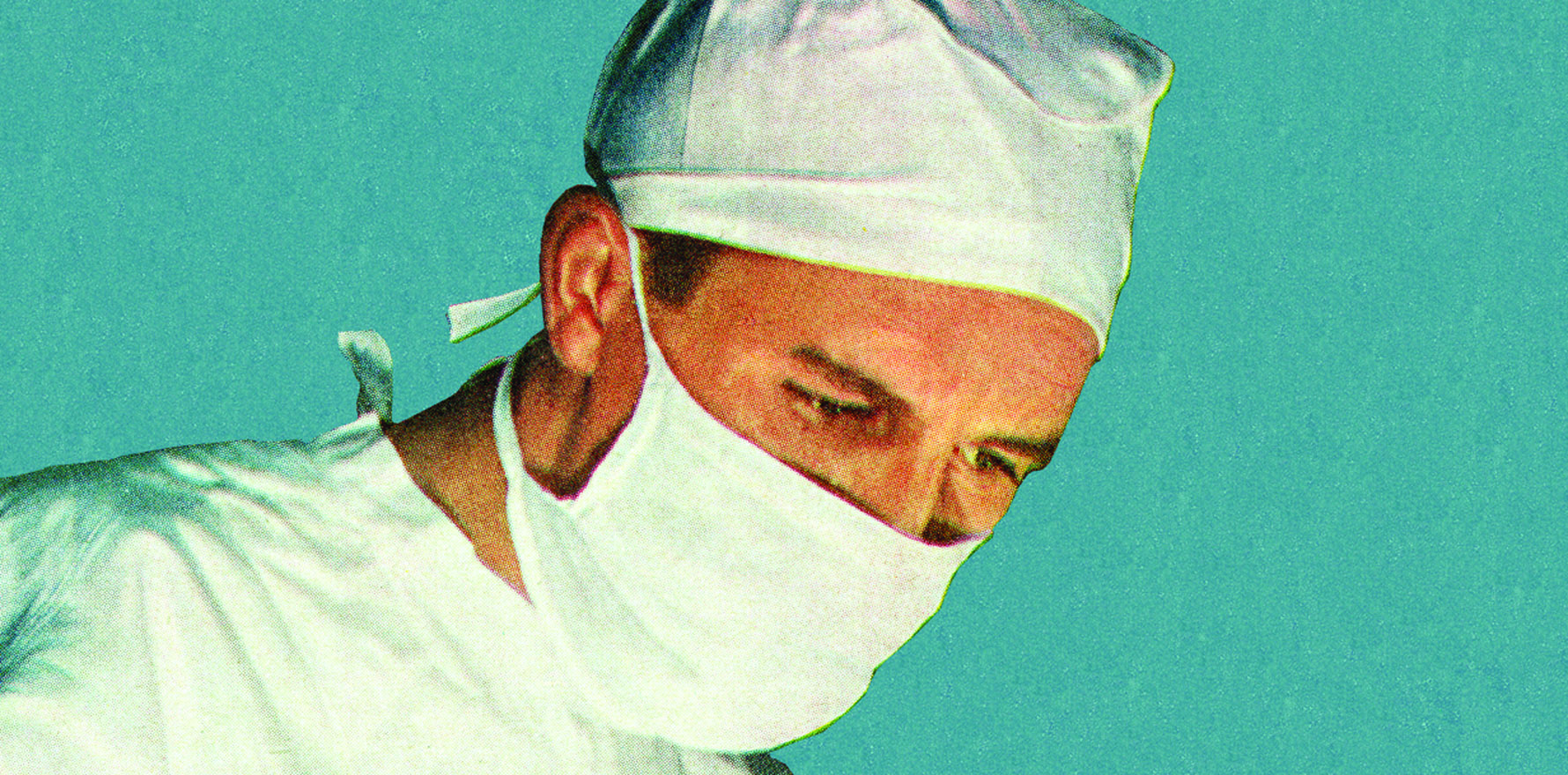Most cases of uncomplicated appendicitis can be successfully treated with antibiotics, a five year trial shows
Promising findings from a five-year trial show antibiotics could save up to 60% of appendicitis patients from surgery.
In the randomised trial, one quarter of the patients with uncomplicated appendicitis who were treated with antibiotics had an appendectomy in the following 12 months, but by five years, the total proportion who required surgery had risen to only 39%.
“The findings from the APPAC trial dispel the notion that uncomplicated acute appendicitis is a surgical emergency,” JAMA deputy editor and surgeon Professor Edward Livingston said in an accompanying editorial.
One of the most important findings was the low complication rate among the antibiotic group, he said. Only one in 15 of those who had been treated with antibiotics experienced complications, whereas one in four patients who underwent surgery had experienced problems such as surgical site infections, incisional hernias, abdominal pain and obstructive symptoms by the five-year mark.
Those undergoing appendectomy also had 11 more sick leave days comparedwitho the antibiotic group.
These findings build off evidence from several shorter-term trials which had shown some promise for the non-surgical intervention.
The researchers randomly allocated 530 adult Finnish patients into two groups: surgery or intravenous ertapenem for three days and then another seven days of oral levofloxacin and metronidazole.
All the patients had CT-confirmed, uncomplicated, acute appendicitis, and the decision to perform appendectomy in the period following initial treatment was left to the discretion of surgeons.
Of the 85 patients who were initially treated with antibiotics and later went on to have surgery, only two developed complicated appendicitis, 76 continued to have uncomplicated appendicitis and seven were found not to have appendicitis, the researchers found.
Professor Livingston called the findings “very encouraging” but said a risk-benefit analyses was needed to determine whether repeat CT imaging was worthwhile when recurrent appendicitis was present, comparing the risk of added radiation with the harms of unnecessary surgery.
“In this new era of appendicitis treatment, in which the diagnosis can be made nearly error free with CT imaging, most cases of uncomplicated appendicitis can be successfully treated with antibiotics,” he said.
“Patients presenting with acute, noncomplicated, CT-proven appendicitis should be given an opportunity for shared decision making, understanding that there is a high probability that they can be successfully treated with antibiotics or undergo appendectomy if they do not want to worry about the chance for recurrence.”
President of General Surgeons Australia Dr Trevor Collinson said it would be reasonable to treat a patient with antibiotics if they had a clear-cut CT result of acute appendicitis and did not have an abscess and were not suffering from septicaemia.
Nevertheless, he noted that most appendectomies were done with keyhole surgery in Australia, rather than the open appendectomy that was used in this trial, which would bring the rates of complications and hospital stay days down.
“The other thing to consider is that the longer the patient has infection and inflammation, the less likely it is they will be able to be treated with keyhole surgery,” he said. This made it important to carefully evaluate the patient, because if a patient didn’t succeed with antibiotics, they might be worse off later.


